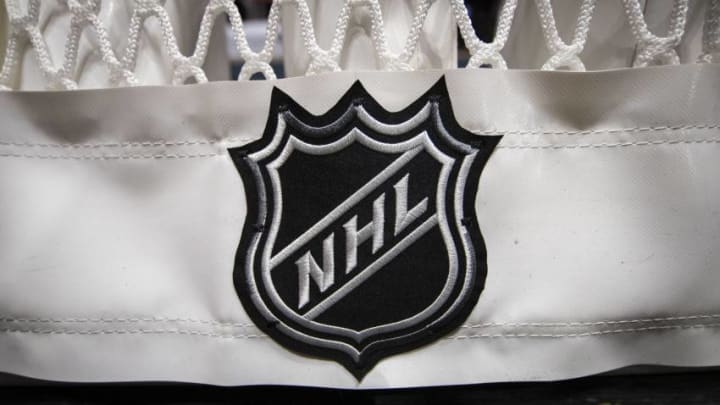1 of 4

The Toronto Maple Leafs and Buffalo Sabres could be interested in some touted players. In Part 3 of our series, we look at some desirable options.
While the NHL salary cap operates differently from the NBA, the exercise is similar in ranking the players on the list. Where do the best Toronto Maple Leafs and Buffalo Sabres rank on the list?
After dissecting the players who just missed this year’s Top 50, and the guys ranked 50 to 41, it is time to look at the those who made it from 40 to 31.
All stats and salary cap information are courtesy of Cap Friendly. Before we dive into the rankings, let’s take a quick review of the rules for this list:
Rules for the NHL Trade Value Rankings
- Cap hits and length of deals are considered part of the overall cost — of course, in the NHL, entry-level contracts are not commonly traded, but this hypothetical exercise is quite valuable. Brady Tkachuk will make $925K for the 2020–21 season and then is in for a massive payday — that matters. Is that contract more beneficial than having Jonathan Huberdeau at $5.9 million for the next three years?
- Age and mileage are important — on the surface, Evgeni Malkin is a better player than Dylan Larkin, but the Wings’ star is a decade younger. Per the first rule, he also makes less money. The question is whether you want three or four more high-level Malkin years or 10–12 from Larkin.
- For this exercise, pretend that teams can take on additional cap hits today but have to make moves to get back under the cap tomorrow.
- While it is doubtful that Pittsburgh and Washington are going to get together on a trade framework surrounding Alex Ovechkin and Sydney Crosby, each GM would have to at least field the call. This matters in the grand scheme of things.
- The list counts down to the most valuable player. So if Team A calls offering player #7 for player #10, Team B needs to think about it.
- For simplicity, only players who played 10 games or more during the 2019-20 NHL Season are eligible. A separate Top Prospects article will be coming in the future.
- Skaters must have averaged a minimum of 0.50 points per game (PPG) during the 2019-20 season.
- Goaltenders must have started a minimum of 20 games during the 2019-20 season to be eligible.
- Cap hits are for the 2020-21 season and include any extensions previously signed.
- The salary cap is going to remain flat at $81.5 million next season.
